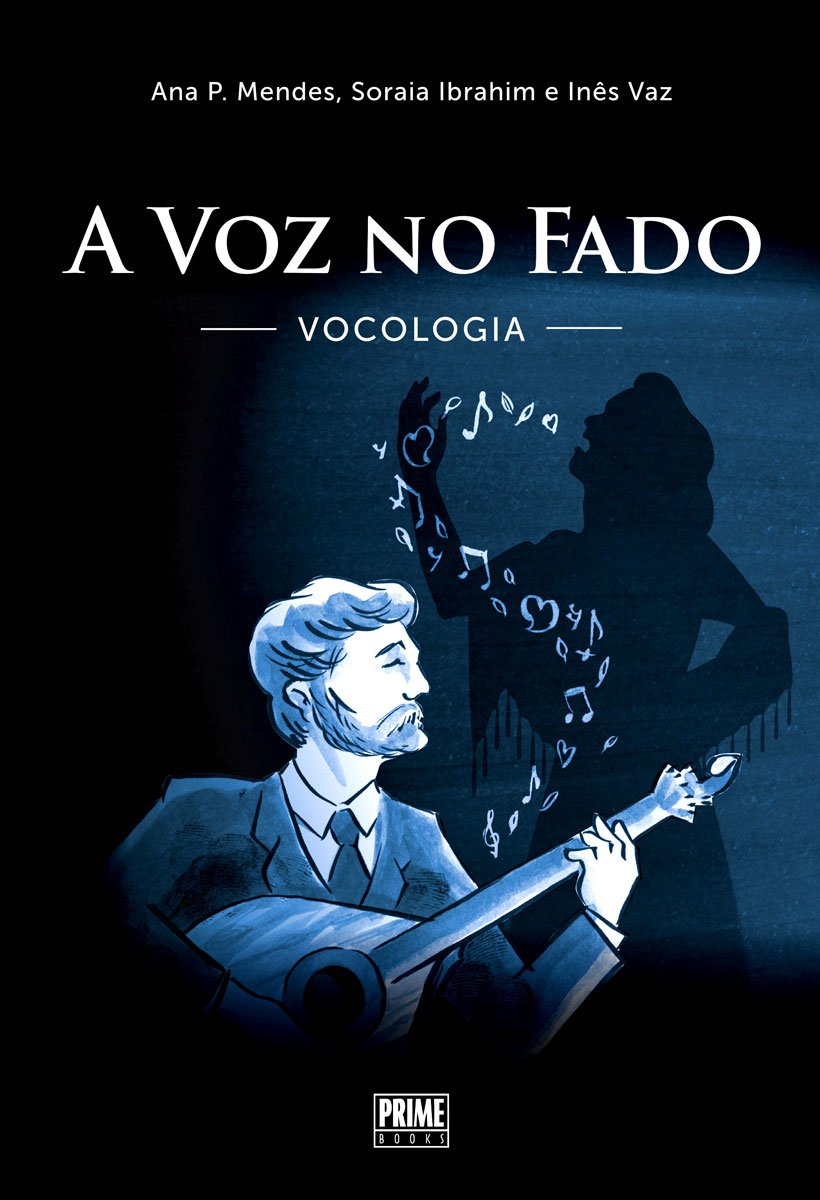Book “A Voz no Fado” released by a researcher at the Polytechnic of Setúbal
The work is the result of a pioneering study in the field of Speech Therapy
The book “A Voz no Fado”, which is part of a pioneering investigation in the field of Speech Therapy, coordinated by professor Ana Paula Mendes, from the School of Health of the Polytechnic Institute of Setúbal (ESS/IPS), has just been launched in Lisbon, marking the passage of a decade since the classification of fado as a Cultural and Intangible Heritage of Humanity by UNESCO.
The work, published by Prime Books, is one of the products resulting from the project “Vocologia do Fado – Development of education, health and performance of singers, singing teachers and clinicians of the voice of Fado”, developed in collaboration with researchers Inês Vaz and Soraia Ibrahim. The investigation, financed by the Calouste Gulbenkian Foundation, aimed to trace the acoustic and audio-perceptual profile of the voice of Fado, similarly to what happens with other musical genres, such as jazz, country, pop and opera singing.
In this book, where the results obtained are shared, other contributions are now added that broaden the field of analysis on the voice of Fado, namely from three fado singers, an opera singer, a musician and music teacher, a doctor in the speciality of Otorhinolaryngology, three speech therapists specialists in the field of voice and three engineers in the areas of Mechanics and Electrical Engineering.
“A group of researchers interested in the human voice area focused specifically on the spoken and sung voice of Fado with the aim of supporting the development of education, health and performance of singers, singing teachers and voice clinicians. And that’s how the study and work ‘A Voz no Fado’ arose, as a result of a transdisciplinary vision”, describes the researcher in charge.
Divided into six chapters, the recently launched book offers analysis from the historical, anatomical-physiological, acoustic, audio-perceptual and clinical points of view, with the ultimate objective of identifying, classifying, documenting and disseminating the characteristics of the spoken and sung voice Fado.
In the last chapter, “Vocologia no Fado”, the acoustic and audio-perceptual profiles of the Fado voice can be found. It should be remembered that 104 fado singers participated in the acoustic analysis, 47 male and 57 female, of which 90 were amateurs and 14 were professionals. The audio-perceptual analysis involved, in turn, 40 subjects, representing the various areas of Fado action, including singing teachers, fado singers, speech therapists and the general public, who listened to the singing voice samples and classified them as the EAVOCZ – Singing Voice Appreciation Scale.
“In recent years, there has been an increase in the popularity of Fado, the emergence of new fadistas, the emergence of Fado schools and a great demand for the growing tourism in our country. It is therefore important to train and protect the careers of these singers, respecting their vocal specificities without detracting from what distinguishes them from other musician-vocal genres”, considers Ana Paula Mendes. The work is aimed at all fado singers and health, education and other professionals who support them and “want to contribute to the excellence of the Fado-musician genre”, she concludes.
Follow us on Facebook, Twitter, Instagram, Youtube and TikTok and see the exclusive content for social networks.







